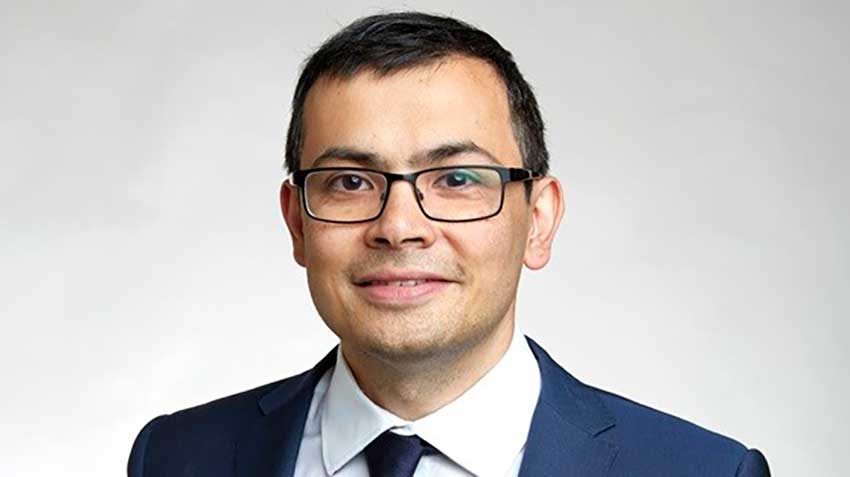The potential of artificial intelligence (AI) in transforming healthcare is immense. Recently, Demis Hassabis, CEO of DeepMind, shared a remarkable prediction.
He believes that AI could cure all diseases within the next ten years, heralding a revolutionary era in medical science.
Speaking at The Times Tech Summit, Demis Hassabis discussed the impending achievement of artificial general intelligence (AGI). AGI represents AI systems with human-like cognitive abilities. According to Hassabis, only “two or three big innovations” are needed to reach this milestone.
DeepMind’s consistent focus on pushing the boundaries of AI technology has been pivotal. These advancements demonstrate the potential for AI to revolutionise various scientific fields, particularly in the medical domain.
AI’s vast potential extends beyond healthcare. It promises breakthroughs in climate change solutions, energy efficiency, productivity enhancements, and overall day-to-day life improvements.
AI’s application in medicine is already showing promising results, such as developing new drugs, personalised treatments, and early disease detection. Such developments exemplify AI’s significant potential in healthcare.
As AI continues to evolve, it is crucial to balance innovation with ethical considerations. Ensuring AI is developed and deployed responsibly is paramount to its success and acceptance in society.
Addressing these ethical concerns is not just about mitigating risks but fostering trust and acceptance among the general public. It is essential for the sustainable advancement of AI technologies.
As these developments unfold, the focus will remain on harnessing AI’s power while ensuring ethical practices are upheld. This balanced approach will be vital in realising AI’s full potential.
The bold predictions by DeepMind’s Demis Hassabis place AI at the forefront of a possible medical revolution.
The next decade could witness AI-driven breakthroughs that have the potential to cure all diseases, significantly transforming healthcare and society at large.


